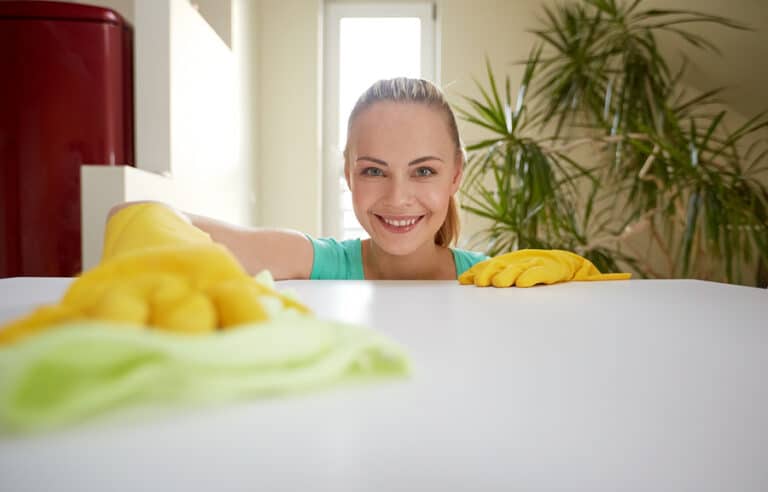Safety should be a concern for most people. June is National Safety Month and when there is a senior in your life you are worried about, you need to take action. There is no time to waste.
Any moment that you avoid a tough conversation, such as about home care is a moment closer to a potential accident or mishap that can lead to serious injuries, especially for an older individual.
When you want to talk about home care with an aging parent, grandparent, or other senior in your life, but you know it’s a topic that is sensitive or one that might not be received as positively as you would like, there are a few things you can do to at least bridge the gap to getting them to listen, finally.
1. Home care provides physical support to help the senior get up in the morning.

Mornings are often tough, especially for those with limited strength, health issues, sore joints, arthritis, and other conditions which are common with aging. When an elderly person has trouble getting out of bed or getting into or out of the shower, getting dressed, and so forth, they might turn to their spouse, an adult child stopping by on their way to work, and so forth.
This might not always be practical or the most comfortable thing for everyone involved. Home care is a professional, experienced worker who can be there for the senior when he or she needs them, not when it is convenient or possible for family.
2. A home care aide can help do the laundry and other basic housekeeping tasks.
Most family members are busy, busy, busy. They have careers, are raising children of their own, and have limited time to support an aging parent or other loved one. A home care aide can be there to not only help that senior get out of bed and get ready for the day, but also to keep the house clean.
This does not mean a home care aide is a housekeeper or cleaning service person, but they can assist their client with a number of these basic tasks they may struggle with because of diminished strength and physical limitations.
3. A home care aide can observe home conditions.
Family or friends may certainly be able to observe the same conditions, but that senior might not listen to them when talking about potential safety hazards. Boxes, extra items in the hall, clothing strewn about the bedroom, and so forth can all be tripping hazards.
A home care aide can observe what’s going on in the house, help the senior arrange things to be safer, and support them as they move throughout the house if they have difficulty walking on their own.
4. A home care aide can encourage them to get certain modifications done.
Installing grab bars in the shower or tub, a stair lift, improving lighting, and so forth may improve safety, but if the senior doesn’t listen to family, they might listen to a seasoned, experienced professional instead.
If you or an aging loved one are considering hiring Home Care near Greer, SC, contact Heart of the Carolinas Home Care at 864-991-3116. Providing Home Care Services in Greenville, Simpsonville, Greer, Anderson, Spartanburg, Mauldin, Seneca, Laurens, Charleston, Columbia and the surrounding areas.
- Home Care Assistance Helps Seniors After A Fall - April 9, 2025
- How Home Care Supports Seniors Who Are Hard of Hearing - March 28, 2025
- Why Seniors Should Consider Companion Care At Home - March 10, 2025

